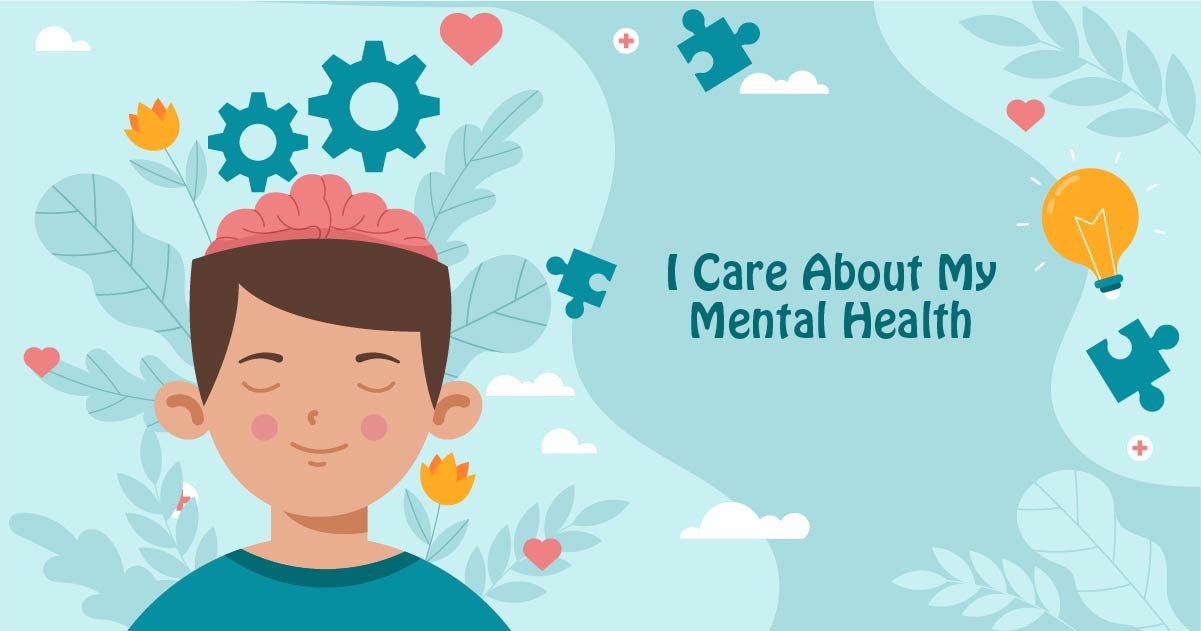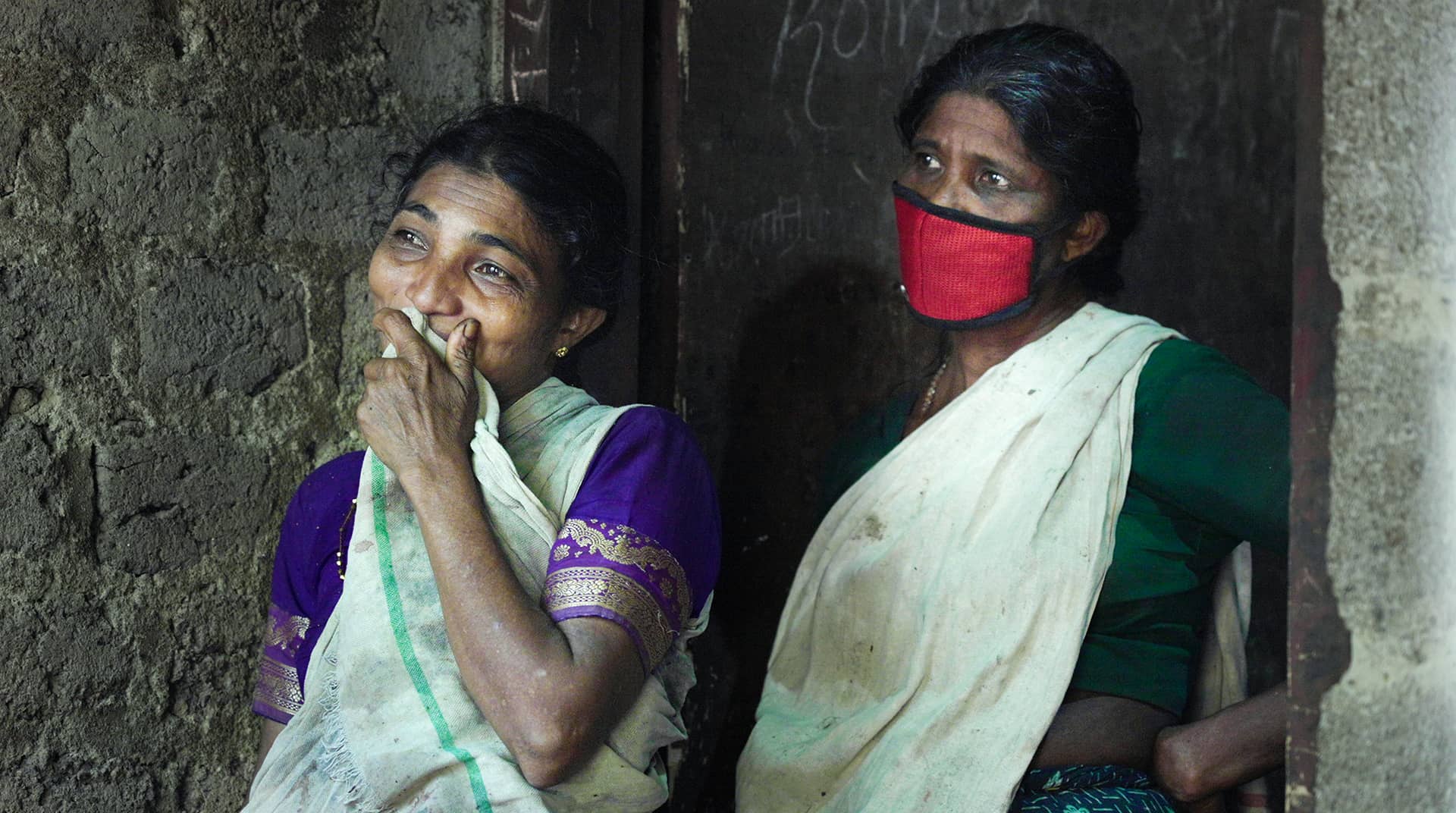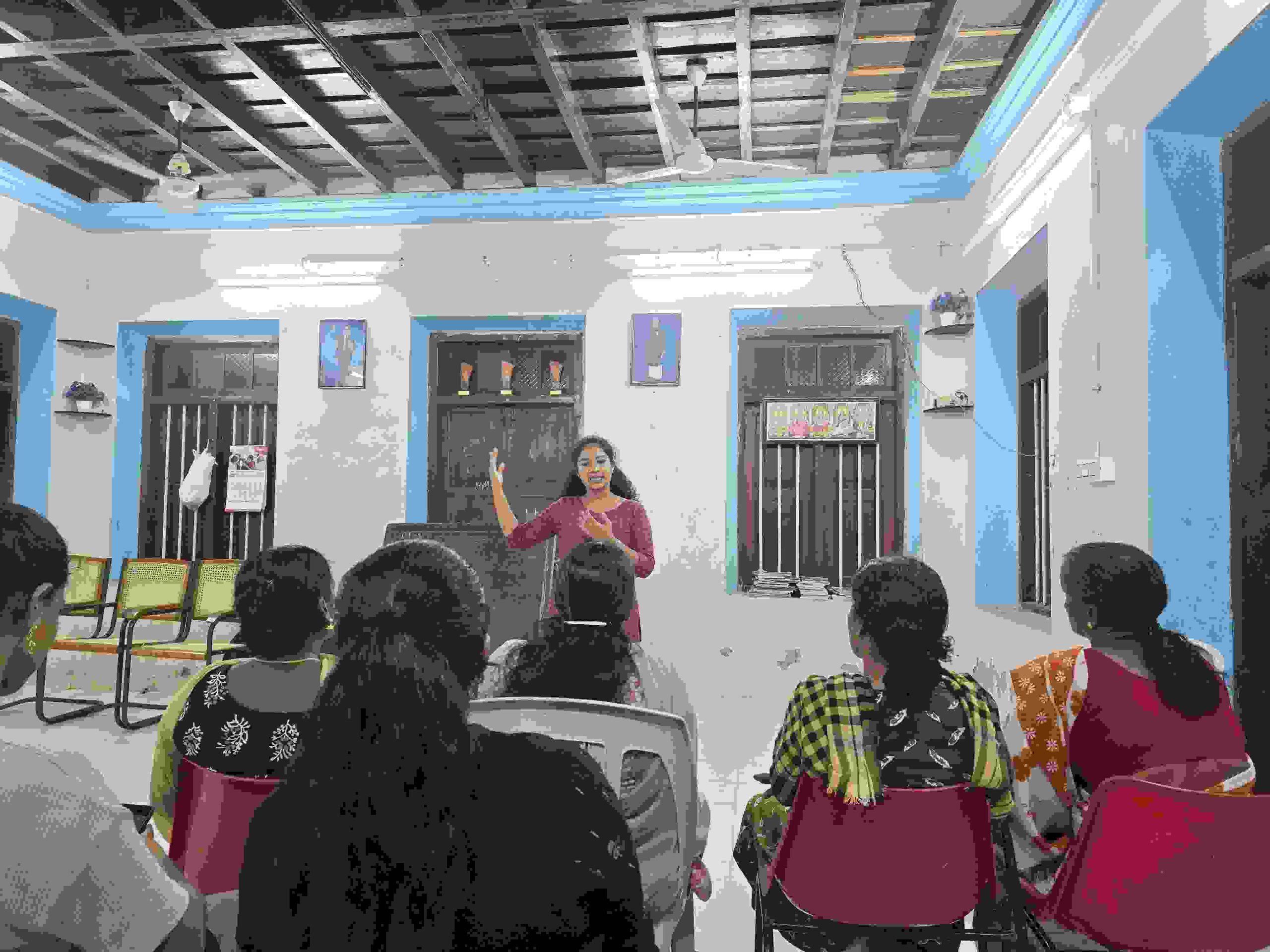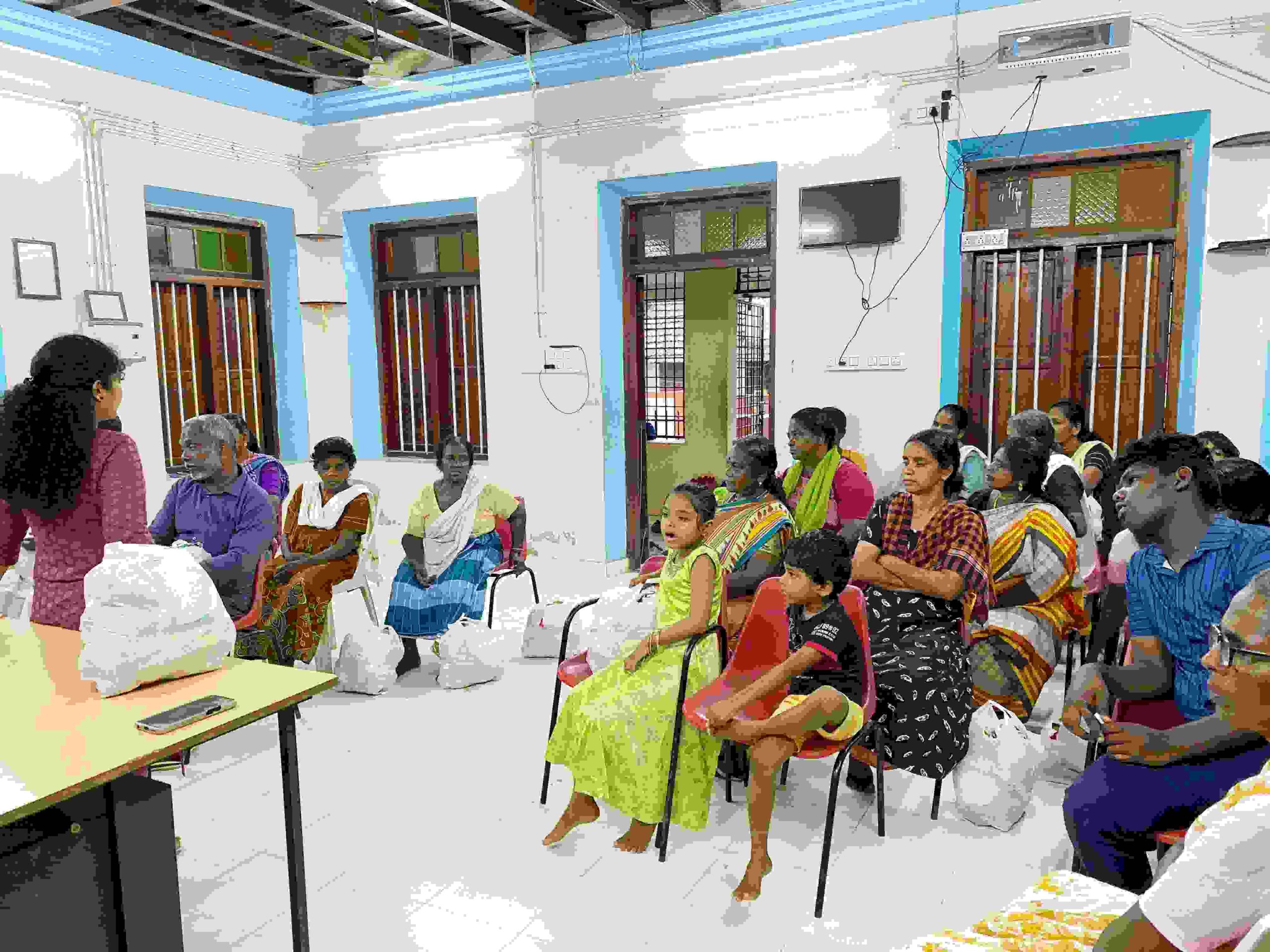- HOME
- ABOUT US
- History
- Our Approach
Our Approach as a right-based organisation is to respect every person, especially those deprived of a dignified life and opportunities.
We believe the rights of the children, young, women, and the marginalized can be realized only through empowerment. Therefore, we focus on educational, social, economic, and cultural contexts and are policy-oriented.
- Vision & Mission
Vision: Our Vision is to work as a catalyst in bringing sustainable change in the lives of underprivileged children, youth, and women with a life-cycle approach to development.
Mission: Our mission is to safeguard the rights, offer care and protection, and empower underprivileged children, youth, and women through education, innovative community-based development projects, and market-focused livelihood programmes.
Don Bosco's work for street children in Trivandrum began in May 1991. It started as a night shelter for street children and youth.
- Mile Stones
- Impact
- Global Presence
Trivandrum Don Bosco Veedu Society is part of the Salesians of Don Bosco (SDB) congregation spread over 133 countries working for the welfare of children and youth, especially those at risk.
For reflection, sharing, and coordination among those involved in the Salesian ministry for the Young at Risk (YaR) in South Asia, to network with like-minded persons and organizations on behalf of YaR, to influence policies related to the young at risk at the state, national and international levels.
- Logo
- Legal status
- WHAT WE DO
CHILDLINE 1098
A phone number the spells hope for children
kismat
For the care and rights of the migrant workers
shelter home
A home for children in need of care
MIRACLE
Educational support for the economically challenged
IMPACT
Mentoring students in competitive exams
dream
Drug Rehabilitation Education for Children
keen
Intervention for the the urban poor
sheroes
Equality and economic inclusion of women
- GET INVOLVED
CSRMaximise your impact. Let us Collaborate
Implementing
PartnerPartnership you can trust, Let us make dream work
Become A
volunteerShare your time, experience, and expertise
BE A
INTERNThe expert in anything was once a beginner
JOB
VACANCYAre you a social worker looking for a career?
- SUPPORT US
Sponsor a child
A child needs someone who cares.
Sponsor a Meal
If you can’t feed a hundred then feed just one.
Donate
Giving is about making a difference.
- MEDIA CENTER
Blog
Our online journal
Photo Story
Photos that tell stories
Success Story
Stories that vouch
Photos
Show don’t tell
Videos
Inspiring moving images
News Letter
Keeping you updated
Report
Yearly yours
News
All in one page
- CONTACT
- DONATE











